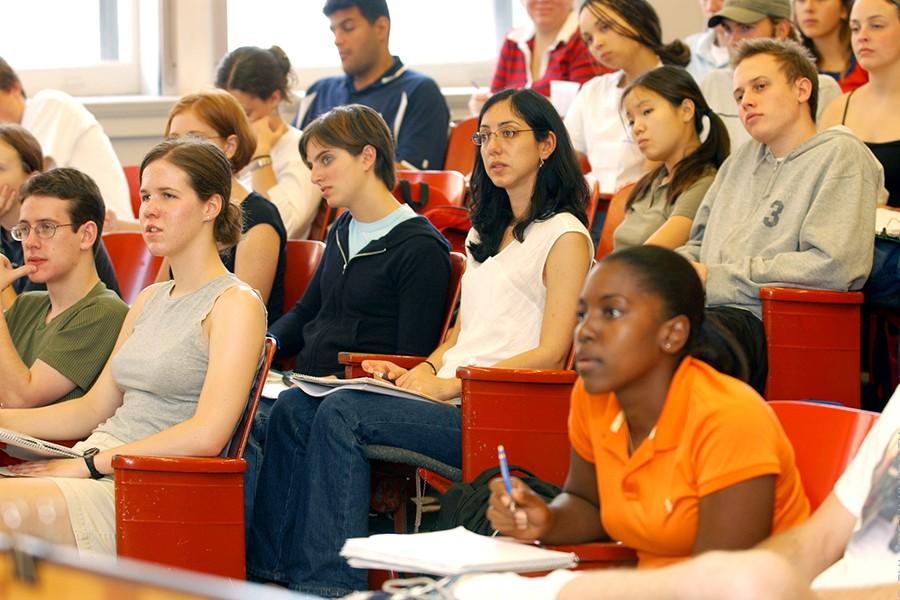The college crisis: Is attending a top-rated university the only path to success?
For decades, American society has put a heavy emphasis on attending colleges with a prestigious reputation. Thousands of students every year apply to Ivy league universities in hopes of somehow getting into the top rated schools in the nation, only to experience disappointment when they, along with over 90 percent of applicants, are rejected. Stanford University, which is consistently ranked as one of the best universities in the world, only accepted about five percent of applicants in 2014. The hyper-selectivity of nearly every college on the top 20 list can make it seem like there are no quality institutions available to students with average grades, which leads many students to try to perform beyond their capabilities in order to improve their chances of being accepted. However, this struggle to get into top colleges is unnecessary, as many of these students are applying to these schools simply for the supposed prestige of an institution’s name, instead of the actual value of the education they will receive.
To combat this despair for the future among students that have given up on top 20 colleges, students should learn more about these elite universities. According to many enrolled students at Ivy League institutions, the pace of learning can be brutal to students who are there just for the college’s prestige. What’s the point of graduating from a top rated university, but not having fully understood what was being taught in their classes? Instead, students should look into schools that may not be as highly ranked, but provide a pace of learning that will provide them with a fulfilling and valuable education. Just because a university is less selective doesn’t mean it lacks educational quality, as a person’s college experience depends solely on how much value they can extract from it. A person from a supposedly lower-ranked large public school can go on to be just as or even more successful than an “elite” Ivy League scholar; it all depends on the person’s desire to get the most out of their education.
So, to all students who have given up on going to a “good” college: don’t despair. There are about 4,000 colleges of all types in the United States, meaning that there is bound to be a college for everyone. Anyone, no matter their grades, can receive a quality education and go on to have a successful career; students just have to broaden their horizons and think about what really matters to them in a college education.



